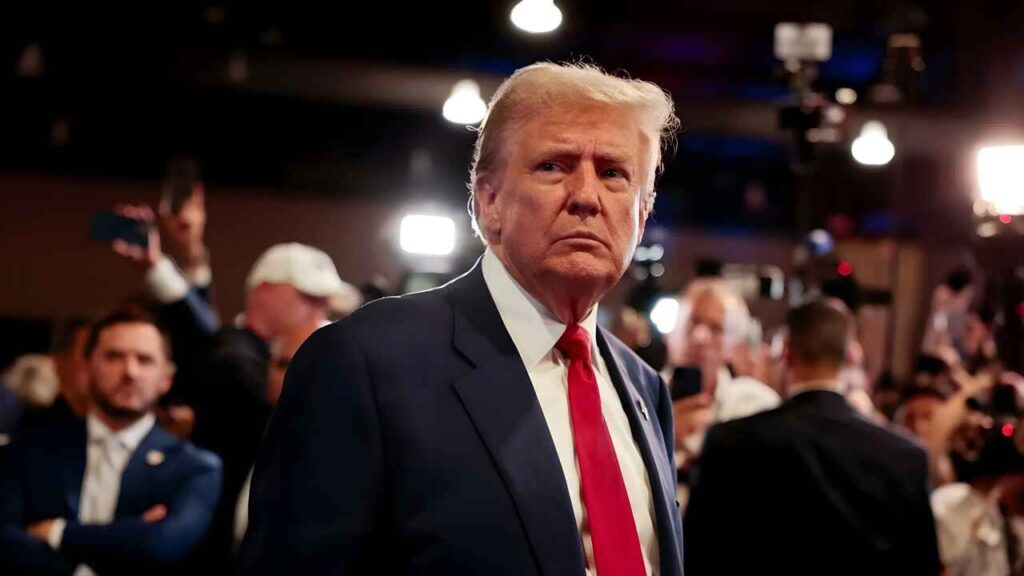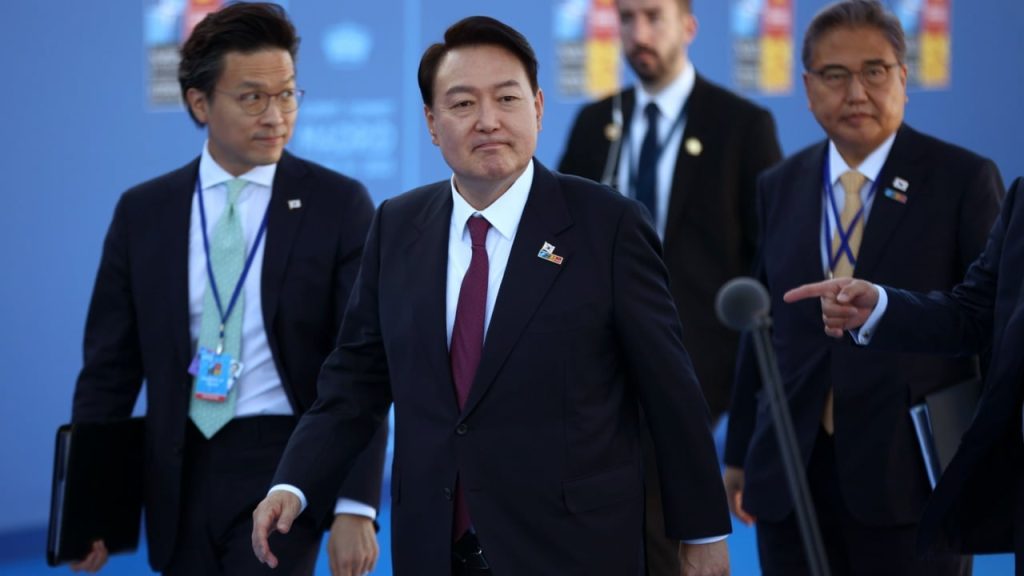
The United States Speaks Out on North Korea’s ‘Hypersonic’ Missile Launch
This week North Korea announced the launch of what it claimed was a hypersonic missile. The North Korean Academy of Defence Science claimed that what was tested was the Hwasong-8 missile, which carried what it called a “hypersonic gliding warhead.”
South Korea, however, noted that the missile is likely in an early stage of development. In addition, the missile launched last week appeared to fly at Mach 3, while “hypersonic” typically means the missile was flying at a speed of at least Mach 5.
“Given the detected speed and other features of the ‘hypersonic missile’ North Korea said it test-fired yesterday, it appears to be at an early stage of development that would require considerable time for actual deployment,” the South Korean Joint Chiefs said in a statement earlier this week, as reported by Yonhap. “South Korea and the U.S. were monitoring North Korea’s test launch under a close coordination.”
Now, the Pentagon has addressed what they think about the missiles.
“I understand the intelligence community’s still making an assessment of the North Korean claim to have tested a hypersonic,” Gen. Glen VanHerck said this week at a Defense Department briefing that held virtually, as reported by the Yonhap News Agency.
“We’ll just have to see that capability right now. It would be my assessment that the homeland would be safe and secure from a hypersonic capability as North Korea claims they have tested.”
However, despite the multiple launches of different types of missiles by the Democratic People’s Republic of Korea (DPRK) this year, the United States continues to call for the North Koreans to return to diplomatic talks.
The Defense and State Departments both condemned the launch in the hours after the fact.
“We do condemn the DPRK’s missile launches,” a State Department spokesman said during a briefing earlier this week. “These missile launches are in violation of multiple U.N. Security Council resolutions. We know that they pose a threat to DPRK’s neighbors and other members of the international community.”
“The launches are in violation of multiple U.N. Security Council resolutions, and these activities highlight the destabilizing impact of the DPRK’s illicit weapons program,” Defense Department spokesman John Kirby also said in a briefing this week. “It’s about making sure that our missile defense system, wherever it’s deployed, is effective and capable, and we routinely test and experiment and try to improve that system on a daily basis.”
“The purported test would make North Korea one of four other countries—namely, China, Russia, India, and the United States—to be actively engaged in hypersonic weapons projects,” according to National Interest reporter Mark Episkopos. “Two such weapons, the Avangard HGV and the Kh-47M2 Kinzhal air-launched ballistic missile, are currently fielded by Russia’s military. China’s DF-ZF hypersonic glide vehicle achieved initial operating capability in 2019. It remains unclear whether the Hwasong-8 missile is being fully sourced through domestic expertise and supply chains or if the DPRK is benefitting from foreign technology transfers in the realm of hypersonics.”
Stephen Silver, a technology writer for The National Interest, is a journalist, essayist and film critic, who is also a contributor to The Philadelphia Inquirer, Philly Voice, Philadelphia Weekly, the Jewish Telegraphic Agency, Living Life Fearless, Backstage magazine, Broad Street Review and Splice Today. The co-founder of the Philadelphia Film Critics Circle, Stephen lives in suburban Philadelphia with his wife and two sons. Follow him on Twitter at @StephenSilver.
Image: Reuters


